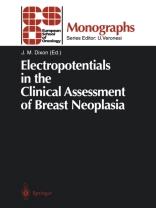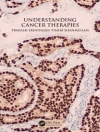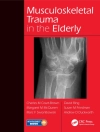The European School of Oncology came into existence to respond to a need for information, education and training in the field of the diagnosis and treatment of cancer. There are two main reasons }Vhy such an initiative was considered necessary. Firstly, the teaching of oncology requires a rigorously multidisciplinary approach which is difficult for the Universities to put into practice since their system is mainly disciplinary orientated. Secondly, the rate of technological development that impinges on the diagnosis and treatment of cancer has been so rapid that it is not an easy task for medical faculties to adapt their curricula flexibly. With its residential courses for organ pathologies and the seminars on new techniques (laser, monoclonal antibodies, imaging techniques etc.) or on the principal therapeutic controversies (conservative or mutilating surgery, primary or adjuvant chemotherapy, radiotherapy alone or integrated), it is the ambition of the European School of Oncology to fill a cultural and scientific gap and, thereby, create a bridge between the University and Industry and between these two and daily medical practice. One of the more recent initiatives of ESO has been the institution of permanent study groups, also called task forces, where a limited number of leading experts are invited to meet once a year with the aim of defining the state of the art and possibly reaching a consensus on future developments in specific fields of oncology.
J Michael Dixon
Electropotentials in the Clinical Assessment of Breast Neoplasia [PDF ebook]
Electropotentials in the Clinical Assessment of Breast Neoplasia [PDF ebook]
Compre este e-book e ganhe mais 1 GRÁTIS!
Língua Inglês ● Formato PDF ● ISBN 9783642799945 ● Editor J Michael Dixon ● Editora Springer Berlin Heidelberg ● Publicado 2012 ● Carregável 3 vezes ● Moeda EUR ● ID 5782044 ● Proteção contra cópia Adobe DRM
Requer um leitor de ebook capaz de DRM












